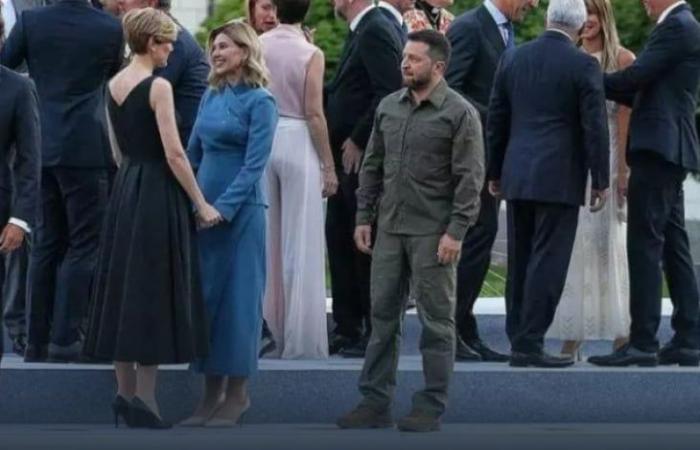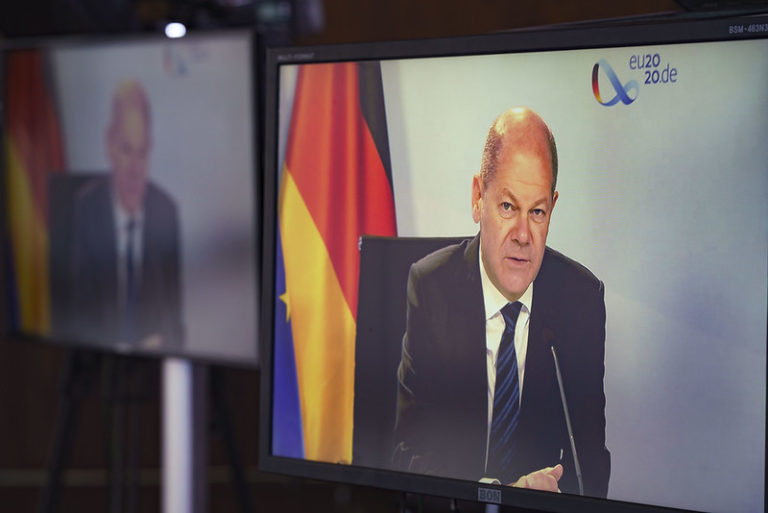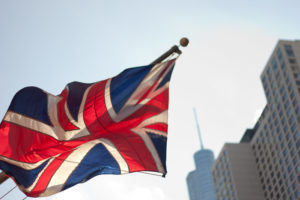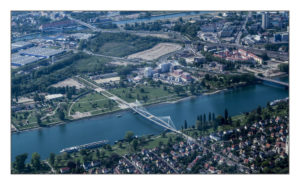Letter from La Vigie, 19 February 2025

After the Paris Naval Conference
The Paris Naval Conference 2025, whose theme was the relationship between the naval and the maritime, provided an opportunity to explore the links between state navies and private players in the blue economy. In this particular context, we need to consider the sometimes contradictory dynamics that underpin the maritime world, with at the heart of these the question of the return of security as a parameter of international trade. This is a cost that companies need to reintegrate.
To read the article, click here
Europe knocked out
Last week’s US statements have knocked Europe out. They are a reminder of what America has been saying for 25 years, ignored by Europe, and mark the end of a double illusion on this side of the Atlantic: that of the transatlantic link and that of a globalised and regulated order.
The strategic options that remain are heartbreaking.
To read the article, click here
Lorgnette: Clouded Intelligence
The recent AI summit held in Paris was the occasion for a series of statements, each more famous than the last: here, the prowess of new software (Chinese Deep Seek, French Mistral) that is far more economical than the Americans in terms of computing power; there, investments to the tune of €109 billion when, the previous week, Trump had announced $500 billion. In both cases, the aim is to build ‘data farms’.
But despite the headlines about artificial intelligence that have been repeated over and over again for the past ten years, the key issue is data. To process it, you first need to gather it together, and the question of where it is stored is becoming crucial: the physical layer provides sovereignty where immateriality used to reign. Localising data at home means avoiding the continental migration of data made possible by the cloud. With D. Trump reaffirming his desire to regain control, in particular by bypassing the confidentiality agreements signed with the EU, localising data becomes the means of guaranteeing our sovereignty in this new field of economic and technological warfare.
Subscribers: click directly on the links to read online or download the pdf issue (here), always with your login/password. New readers: subscribe (discovery subscription €22, annual subscription €85, orga. subscription €400 excl. tax): here, the different options.
Photo credit: UK Prime Minister on VisualHunt.com







